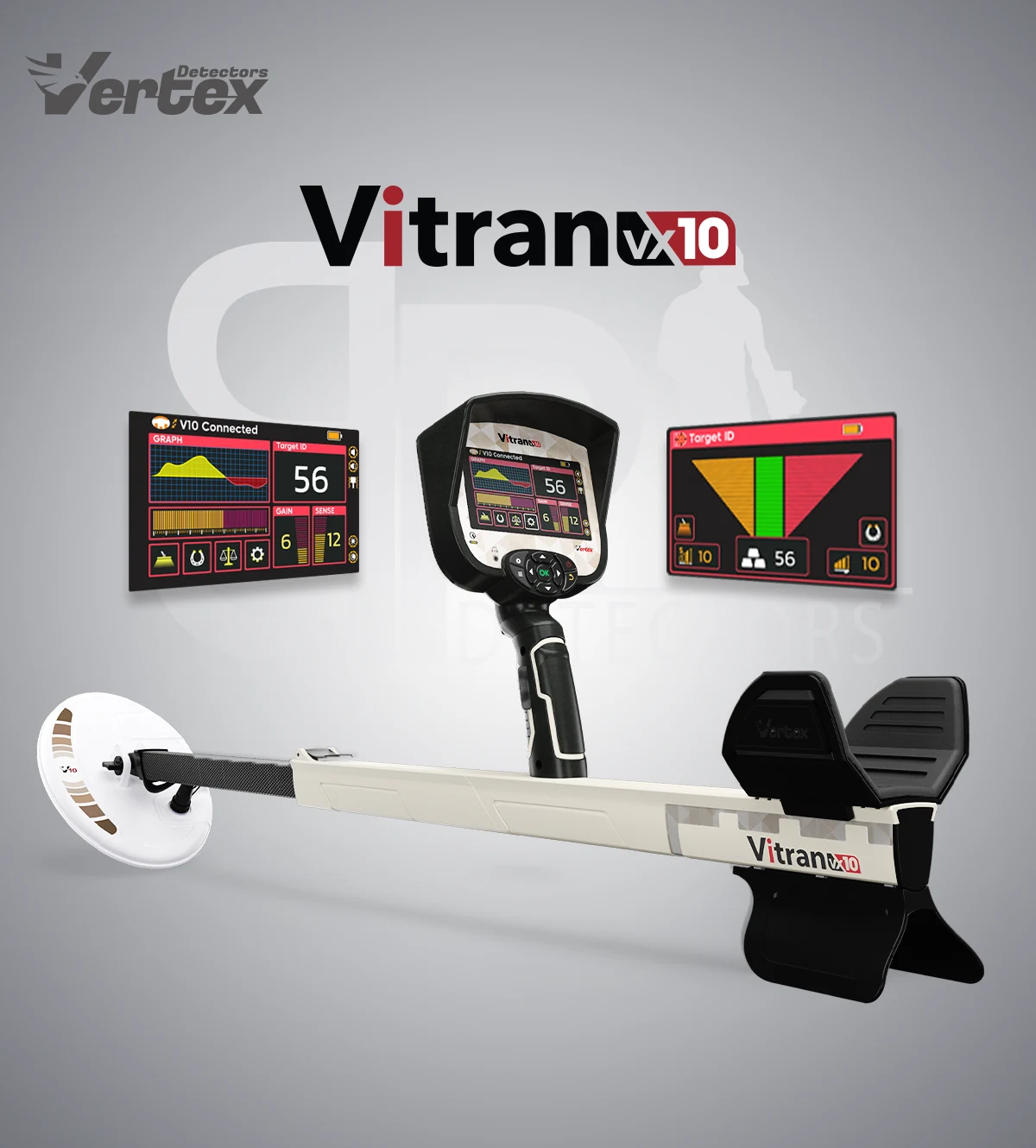Understanding Game Development as a Whole
Before diving into specific skills, it’s important to grasp what game development entails. A Game Development Company often comprises a wide array of professionals including programmers, artists, designers, sound engineers, and project managers. The process involves conceptualizing the game, designing gameplay mechanics, coding, asset creation, testing, and deployment.
Whether you’re an individual developer or part of a team, having a working knowledge of multiple disciplines is invaluable. Let’s explore the key skill areas.
Programming and Software Engineering
At the core of every game lies code. Proficiency in programming languages like C++, C#, Python, and Java is vital. C++ is particularly popular for high-performance games, while C# is commonly used in Unity, one of the most widely adopted game engines.
Key programming skills include:
-
Object-oriented programming
-
Game engine architecture
-
Scripting gameplay mechanics
-
Memory and performance optimization
Understanding algorithms and data structures also plays a crucial role in managing game logic and system resources efficiently.
2. Mathematics and Physics
Games simulate real or imaginary worlds, and that requires a solid foundation in math and physics. These skills help developers implement realistic mechanics such as motion, collisions, lighting, and AI behavior.
Important areas include:
-
Linear algebra (vectors, matrices)
-
Trigonometry (angles, rotations)
-
Calculus (for more complex simulations)
-
Newtonian physics (especially in 3D games)
These concepts are often taught in computer science or game development degree programs but can also be learned independently.
3. Art and Animation
Game aesthetics directly influence player engagement. Even if you’re not an artist yourself, understanding the artistic pipeline helps in collaboration and project planning.
Key artistic roles include:
-
Concept artists (visualize ideas)
-
2D/3D modelers (create characters, environments)
-
Texture artists (add detail to models)
-
Animators (bring motion to life)
Tools like Blender, Maya, Photoshop, and Substance Painter are widely used in the industry.
4. Game Design and User Experience
Game design is about crafting gameplay mechanics that are engaging, balanced, and intuitive. A good designer thinks about pacing, level structure, rewards, and player psychology.
Essential design principles include:
-
Game loops and progression systems
-
Level design and world-building
-
Balancing mechanics for challenge and fairness
-
User interface (UI) and user experience (UX)
A Game Development Company typically employs game designers who prototype ideas using tools like Unity, Unreal Engine, or custom engines.
5. Sound Design and Music Composition
Audio is often underestimated, yet it’s vital for immersion. Sound effects, ambient noise, and music score enhance the emotional and atmospheric aspects of a game.
Skills in this area include:
-
Foley recording (for real-world sounds)
-
Synthesizer programming
-
Audio editing and mixing
-
Interactive audio implementation using tools like FMOD or Wwise
Even a simple mobile game can greatly benefit from quality sound design, which is why many companies, including any skilled App Development Company, invest in professional audio assets.
6. Storytelling and Narrative Design
For story-driven games, narrative design becomes essential. This includes writing compelling dialogue, crafting engaging story arcs, and integrating narrative with gameplay.
Important storytelling techniques:
-
Branching dialogues and choice-based mechanics
-
Environmental storytelling
-
Character development
-
Scriptwriting for cutscenes and VO (voice-over)
Narrative skills are increasingly in demand as more players value rich, immersive experiences.
7. Project Management and Collaboration
Game development often involves large teams, making collaboration skills and project management critical. Understanding development pipelines, version control systems, and agile methodologies ensures smoother workflows.
Tools and concepts used:
-
Agile and Scrum frameworks
-
Trello, Jira for task management
-
Git for version control
-
Communication platforms like Slack or Discord
Even an App Development Company working on mobile games or hybrid apps uses structured development cycles to stay on track.
8. Testing and Debugging
Quality assurance (QA) is a vital phase in game development. Developers must test for bugs, balance issues, and platform compatibility.
QA practices include:
-
Unit testing and automated testing
-
Playtesting for UX feedback
-
Cross-platform testing (especially for mobile and console releases)
-
Performance profiling
A meticulous QA process can be the difference between a successful launch and a PR disaster.
9. Platform-Specific Knowledge
Each gaming platform has its own set of guidelines and optimization requirements. For instance:
-
Console development (e.g., PlayStation, Xbox) requires specific dev kits.
-
PC games must consider a wide range of hardware specs.
-
Mobile games need to be optimized for power and screen resolution.
A well-established Game Development Company usually has teams dedicated to different platforms, ensuring games run smoothly across devices.
10. Business and Monetization Strategies
Understanding the business side of game development is crucial, especially for indie developers or startups. This includes:
-
Market research
-
Pricing models (freemium, paid, subscriptions)
-
In-app purchases (IAPs)
-
Marketing and community building
Companies that offer mobile app solutions, like an App Development Company, often integrate monetization strategies right from the design phase, especially for casual and freemium games.
Bonus: Specialized Tools and Platforms
Familiarity with industry-standard tools enhances your efficiency and portfolio. Key tools include:
-
Unity and Unreal Engine (for full game development)
-
Godot (open-source alternative)
-
Visual Studio or Rider (code editors)
-
Perforce, GitHub (version control)
Also, cloud platforms like AWS, Firebase, and PlayFab are increasingly being used for multiplayer backend services.
Real-World Examples and Industry Trends
The demand for cross-disciplinary developers is rising. For instance, developers who can code and design levels, or artists who understand animation rigs, have a competitive edge.
Meanwhile, emerging trends like VR/AR, cloud gaming, and AI-driven game mechanics are reshaping how games are developed and played. Joining a Game Development Company that stays ahead of these trends can significantly boost your career.
Conclusion
Game development is a dynamic and multifaceted field requiring a unique blend of technical, creative, and strategic skills. Whether you aim to join a large Game Development Company or collaborate with an agile App Development Company, being proficient in multiple disciplines will significantly enhance your contribution to any project.
Focus on building both your hard and soft skills, stay up to date with industry trends, and most importantly—keep creating. The best way to learn is by doing. Start small, iterate often, and never stop refining your craft.













